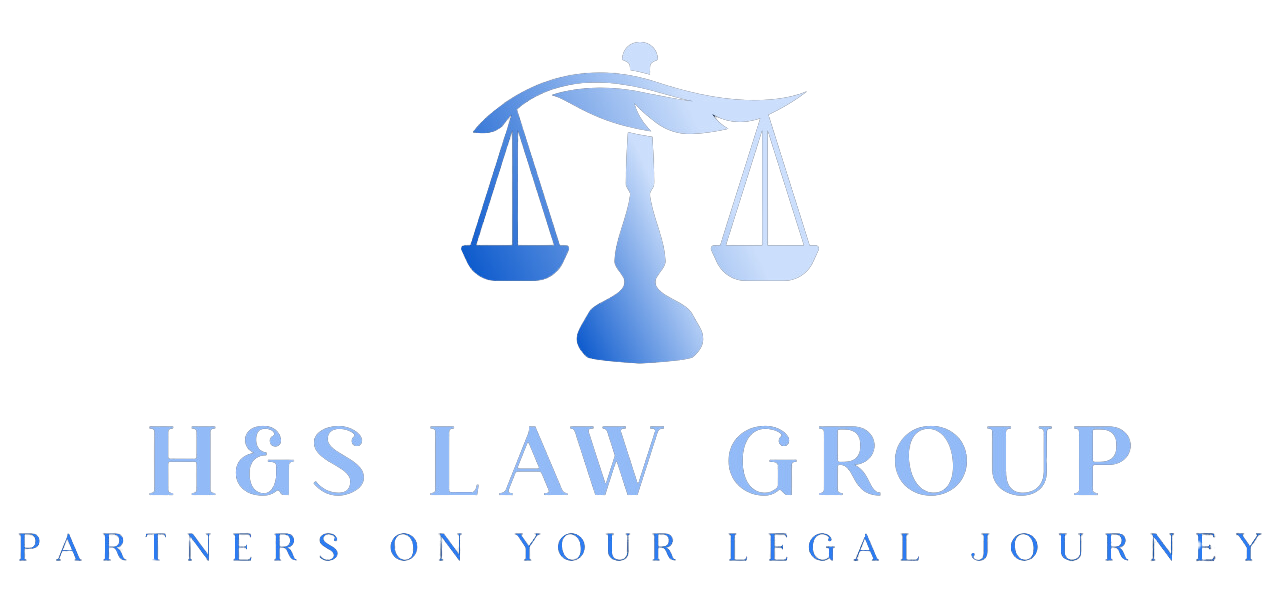
Can I Hire a Lawyer for Workplace Retaliation?
Facing retaliation at work, whether for reporting discrimination, whistleblowing, or requesting accommodations, can be a stressful and daunting experience. You might wonder if you can hire a lawyer for workplace retaliation. The answer is yes, and in most cases, it’s the smartest step toward protecting your rights.
This action is a significant step towards holding your employer accountable. The employment law experts at H&S Law Group will help you understand what workplace retaliation is, how to recognize it, and why hiring an experienced retaliation attorney is one of the most important steps you can take toward justice.
Understanding Workplace Retaliation
Workplace retaliation occurs when an employer takes adverse action against an employee for engaging in a legally protected activity. This punishment is illegal and creates a hostile environment for the person targeted.
The negative action, known as an adverse action, must be serious enough to discourage a reasonable employee from making a complaint. The key is the employer’s motive; the action is taken because you engaged in a protected activity. This causal link is what a lawyer will help you establish.
What Are Legally Protected Activities?
Federal and state laws protect employees from punishment when they engage in certain activities. Your employer cannot legally penalize you for taking these actions. These laws exist to encourage a transparent and lawful work environment.
Some common examples of these protected activities include:
- Filing a discrimination complaint
- Reporting harassment
- Participating in an investigation
- Requesting disability accommodation
- Reporting illegal company acts
- Discussing wages with coworkers
Examples of Retaliatory Actions
Retaliation can take many forms, from obvious to subtle. Any negative change in your employment terms or conditions could qualify, even if it seems small, if it’s linked to a protected activity.
These adverse actions are designed to punish you. Common retaliatory behaviors include:
- Unjustified termination
- Demotion or transfer
- Salary reduction
- Negative performance reviews
- Increased scrutiny
- Exclusion from meetings
If you believe you’ve suffered any of these consequences after exercising your legal rights, you may be the victim of unlawful retaliation. Contact one of H&S Law Group’s associates at (973) 200-1433 to ask questions.
Steps to Take Before Hiring a Lawyer
Before you contact an attorney, taking certain steps can strengthen your potential case. These actions create a foundation of evidence and show you attempted to address the issue through proper channels.
Your preparation can make a significant difference in how effectively a lawyer can assess and handle your claim. Being organized and proactive is a major advantage.
Document Everything Meticulously
Keeping a detailed record is one of the most powerful things you can do. Your memory can fade over time, but written records provide a concrete timeline of events.
Write down every instance of the retaliatory behavior. Note the date, time, location, and any people present. Describe exactly what happened and how it made you feel or affected your work. Save all related emails, text messages, and performance documents.
Be sure to store these records in a safe, personal place, not on a work computer or device. This protects your evidence in case you lose access to your work accounts.
Report the Retaliation Internally
Following your company’s internal reporting procedure is a key step. Check your employee handbook for the correct process, which usually involves contacting Human Resources or a specific manager.
This official report creates a record that you notified the company of the problem. It gives the employer a chance to correct the issue. Their failure to act after your report can become strong evidence in your favor.
When to Hire a Workplace Retaliation Lawyer
Deciding on the right moment to hire a lawyer depends on your specific circumstances. A good time to seek legal advice is after you have reported the retaliation internally and the behavior has continued or worsened.
- You were fired or demoted after reporting misconduct: If you experienced a negative job change after reporting harassment or discrimination, this may be classic retaliation. A lawyer can help gather evidence and build a strong case.
- Your employer denies any wrongdoing: Most employers won’t admit to retaliatory actions. Legal counsel can help uncover inconsistencies in their defense, review records, and interview witnesses.
- You feel unsafe or targeted at work: If the workplace has become hostile or threatening, it’s time to speak with a legal professional. Lawyers can also work to prevent further retaliation while your case is pending.
- You want to file an EEOC complaint: Filing a retaliation complaint with the EEOC (or a similar state agency) is a required step before filing a lawsuit. An attorney can help file your claim correctly and within deadlines.
The Initial Consultation
Most employment lawyers offer an initial consultation, which is often free or low-cost. This meeting is your opportunity to share your story and have an expert evaluate your situation.
Come prepared with your detailed notes, documents, and a list of questions. The lawyer will listen to your account, review your evidence, and explain your legal options. Be as honest and open as possible during this meeting to get the best advice.
How a Lawyer Can Help Your Case
An experienced employment lawyer provides valuable support and expertise. They handle the complexities of the legal system so you can focus on your life and career. Their objective guidance is invaluable during a stressful time.
A lawyer can assist you in several specific ways:
- Assess your claim’s validity
- Gather additional evidence
- Communicate with your employer
- File claims with government agencies
- Negotiate a fair settlement
- Represent you in court
At H&S Law Group, our experienced employment attorneys provide personalized legal guidance for victims of workplace retaliation. We will evaluate your case, help you document evidence, file administrative complaints, negotiate settlements, and represent you in court.
The Legal Process Explained
The legal path for a retaliation claim typically begins with filing a formal charge. This is usually done with a government agency like the U.S. Equal Employment Opportunity Commission (EEOC) or a similar state-level body.
These agencies often have deadlines for filing, so acting promptly is necessary. After you file, the agency may investigate your claim, offer mediation services to resolve the dispute, or issue a “right-to-sue” letter, which allows you to proceed with a lawsuit in court.

Can I Hire a Lawyer for Workplace Retaliation?
Workplace retaliation can leave you feeling powerless—but you’re not alone. Hiring an experienced employment lawyer is the first and most important step toward justice.
Taking legal action can help you recover lost wages or even get your job back. More than that, it sends a powerful message to employers that retaliatory behavior is unacceptable. You can stand up for yourself and help create a fairer workplace for everyone. Remember that the law is on your side when you act ethically.
At H&S Law Group, we’ll help you stand up for your rights and pursue the compensation you deserve. For further questions, like how long do you lose your license If You Get a DWI in NJ, come see us at 1719 NJ-10, Suite 224, Parsippany-Troy Hills, NJ 07054
